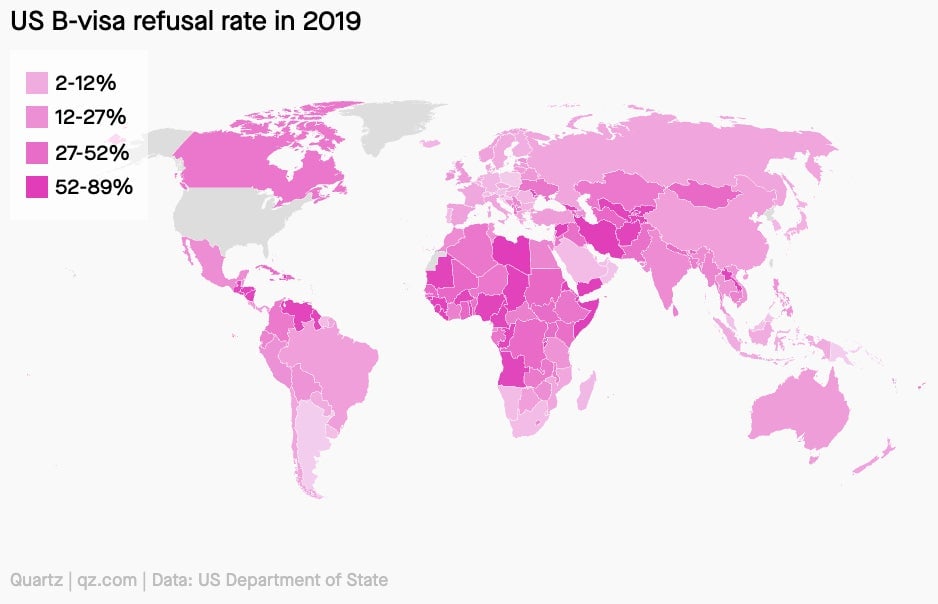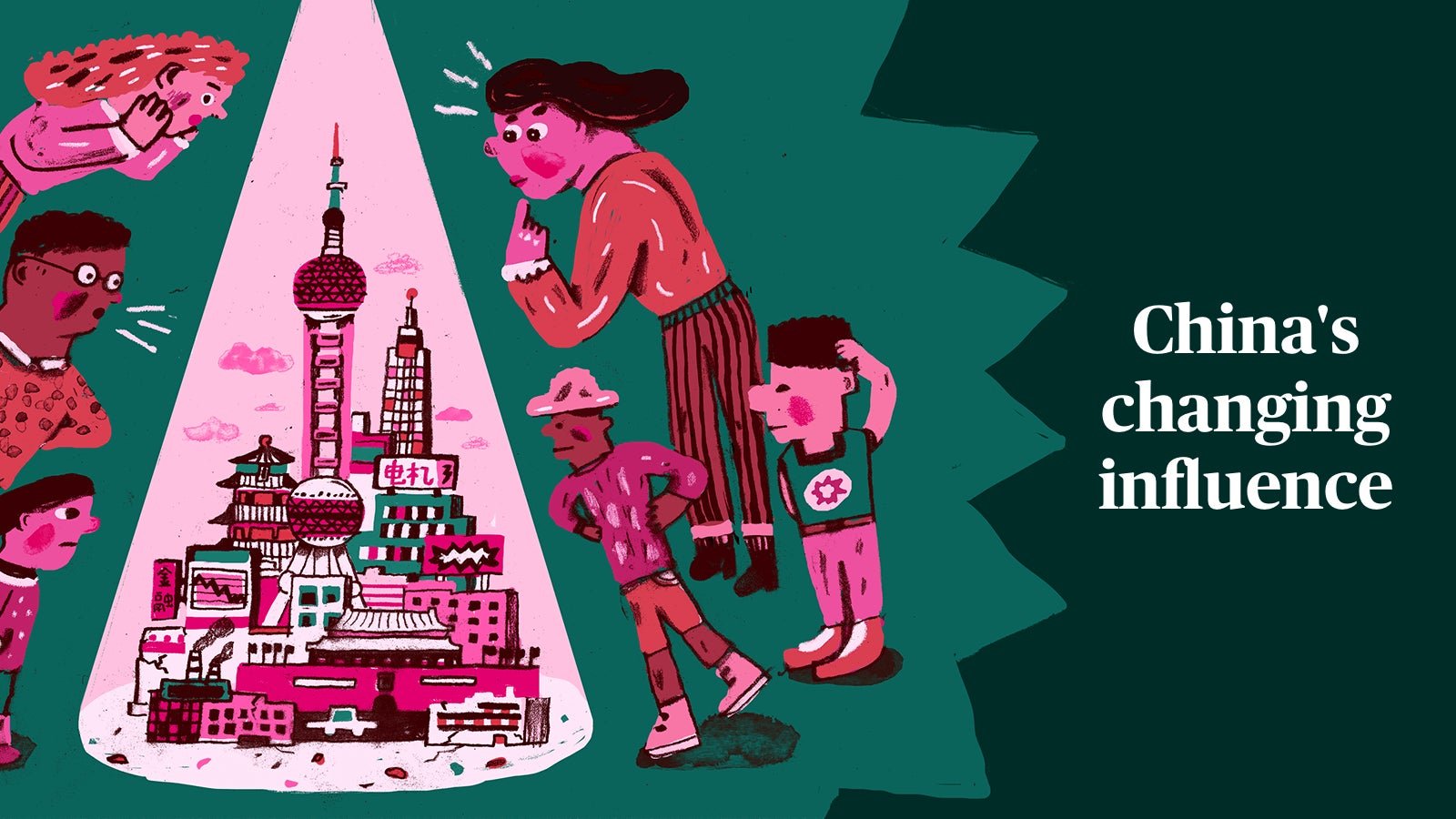Stocks tank, Zoom’s censorship, a whole lot of turtles
Good morning, Quartz readers!

Good morning, Quartz readers!
Here’s what you need to know
US stocks tanked as Covid-19 cases surge. A one-two punch of Wednesday’s dour statement from Federal Reserve chair Jerome Powell and soaring infection rates in several states that have reopened led to the worst day for equities since March. Stocks also tumbled in Asia this morning, but then pared back losses. UK GDP figures for April, which saw a full month of lockdown, could add to the gloom.
Zoom disclosed how it censored global calls at Beijing’s request… The video-conferencing company says it stopped three meetings at Beijing’s request, but in future would be able to block participants by country. The disclosure came after it temporarily suspended the account of Humanitarian China, a US group that organized an online Tiananmen vigil. Twitter, meanwhile, took down thousands of accounts spreading messages in line with Beijing’s geopolitical views, including on Covid-19.
…and Microsoft became the latest to turn its face from facial recognition. Like Amazon, Microsoft will wait to sell its tech to police until the US passes a law governing its use. Earlier this week, IBM exited the facial recognition business for good.
Emmanuel Macron will address the nation. In a televised address on Sunday, France’s president is expected to look ahead to plans for economic recovery—including its push with Germany to come up with a European strategy.
Mapping who gets US visas
To come to the US for business, tourism, or medical treatment, many travelers need to obtain a B visa. Quartz analyzed visa denial rates from the fiscal year 2019 and found that the permits were more likely to go to nationals of richer countries than those from poorer ones.

For Members:
Doing business with a changing China

Companies doing business in China are facing renewed pressure to bend to Beijing’s political will to retain market access. On Thursday, German chancellor Angela Merkel urged Chinese premier Li Keqiang to grant “equal treatment of foreign companies” during a bilateral meeting intended to improve a business environment that European companies (✦ Quartz member exclusive) say is marked by major external pressure from Chinese government and media.
This tightening grip on foreign commercial activity is coming to a head in Hong Kong, where a new national security law is raising fundamental questions over the city’s role as the place where US dollars mix with Chinese enterprises under Western financial standards.
The British investment bank HSBC learned this lesson the hard way. Two weeks ago, Hong Kong’s former leader Leung Chun-ying singled out the bank for not publicly supporting the new national security law. The veiled threat achieved its intended result: a few days later, HSBC—which makes most of its profits in Hong Kong—threw its weight behind the law.
Last week’s anniversary of the Tiananmen Square protests also offered a glimpse of the new Hong Kong, with protesters facing prosecution over holding a vigil and Zoom suspending a local activist who was to attend a virtual event to mark the occasion. Even Apple, the world’s most valuable publicly-traded company, continues to remove apps and features at the will of the Chinese government.
✦ Not a member? We’d love for you to give it a go, starting with a seven-day free trial. ✦
You asked about international travel
How will Covid 19 affect international travel over the long run? – Gabriela
Let’s start with the basics. On Thursday, the International Air Transport Association published an interactive map that displays the latest coronavirus travel restrictions—a good first stop for any travel planning.
Looking ahead, your options may depend on how much support airlines receive from lenders and/or governments. US air travel was down 96% in April and Delta just said it would have to renegotiate its debt to avoid a potential default. In Europe, major carriers are also cutting thousands of jobs that could impact flight pricing and availability down the road.
Surprising discoveries
The US Army has 10 bases named for Confederate leaders. It’s considering renaming them.
The Premier League won’t insist on masks when it resumes. But players will be encouraged not to hawk or blow their noses when celebrating goals.
Humans have been underestimating turtles. New drone footage from a Queensland green sea turtle rookery showed twice the number coming to lay eggs as previously estimated.
A Japanese schoolboy is suing for the right to play video games as much as he wants. A local law directs parents to limit gaming time to an hour on weekdays, and 90 minutes on weekends.
Wear a mask, avoid group sex, and “make it a little kinky.” Those are among the new recommendations in New York City’s updated Covid-19 safe-sex guidelines.
Our best wishes for a productive day. Please send any news, comments, new names for bases, and pandemic-appropriate sex tips to [email protected]. Get the most out of Quartz by downloading our app on iOS or Android and becoming a member. Today’s Daily Brief was brought to you by Tripti Lahiri, Mary Hui, Liz Webber, Annabelle Timsit, Youyou Zhou, and Max Lockie.